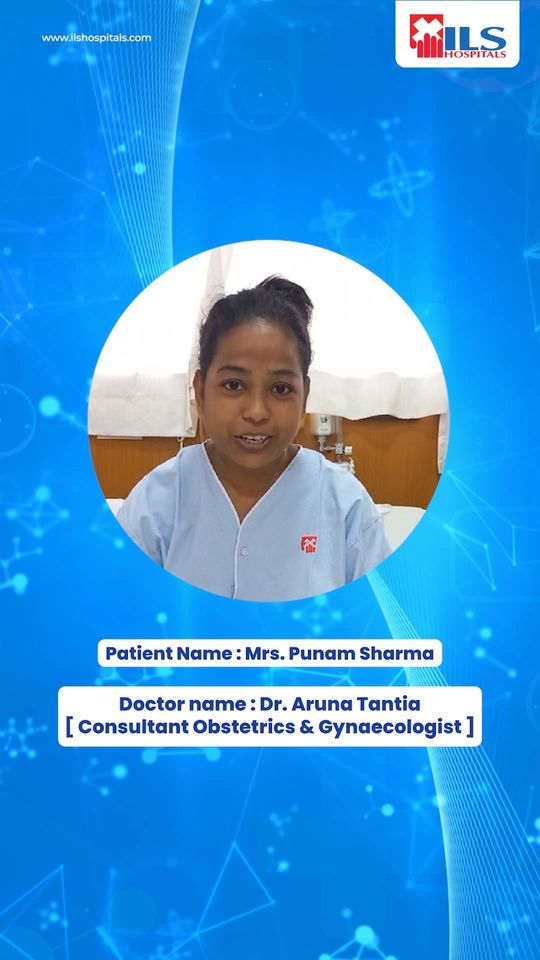Understanding Renal Biopsy: A Crucial Diagnostic Tool
A renal biopsy is a diagnostic procedure that plays a pivotal role in evaluating kidney health and identifying underlying conditions affecting renal function. At ILS Hospitals, we recognize the significance of this procedure in providing precise insights into kidney-related issues, guiding effective treatment plans.
What is Renal Biopsy?
A renal biopsy involves the removal of a small sample of kidney tissue for detailed examination under a microscope. This procedure is typically performed when other diagnostic tests, such as blood and urine analyses, do not provide sufficient information about kidney function or when a kidney condition needs further investigation.
Why is Renal Biopsy Performed?
- Diagnosing Kidney Diseases: Renal biopsy is instrumental in identifying various kidney diseases, including glomerulonephritis, lupus nephritis, and diabetic nephropathy. It helps in determining the specific type and severity of the condition.
- Evaluating the Extent of Kidney Damage: For individuals with chronic kidney disease, a renal biopsy aids in assessing the extent of kidney damage and determining the appropriate treatment approach.
- Guiding Treatment Decisions: The information obtained from a renal biopsy guides healthcare professionals in making informed decisions about treatment options. It helps tailor interventions to address the specific nature of the kidney disorder.
The Renal Biopsy Procedure at ILS Hospitals:
- Preparation: Before the biopsy, patients may undergo blood tests and imaging studies to assess overall health and identify potential bleeding risks.
- Local Anaesthesia: The patient is administered local anaesthesia to numb the skin and underlying tissue, ensuring minimal discomfort during the procedure.
- Biopsy Needle Insertion: A thin biopsy needle is then inserted through the skin and into the kidney to obtain a small tissue sample.
- Tissue Collection: The biopsy needle collects a tiny piece of kidney tissue, which is sent to the laboratory for detailed analysis.
- Post-Biopsy Care: Following the procedure, patients are observed for a few hours to monitor for any signs of complications, such as bleeding. Most patients can resume normal activities within a day or two.
Benefits of Renal Biopsy at ILS Hospitals:
- Accurate Diagnosis: Renal biopsy provides a more accurate diagnosis, allowing for targeted and effective treatment strategies.
- Personalized Treatment Plans: The detailed information obtained from the biopsy enables healthcare providers to create personalized treatment plans tailored to the patient’s specific kidney condition.
- Monitoring Disease Progression: For chronic kidney diseases, renal biopsy helps in monitoring disease progression over time, facilitating timely interventions.
At ILS Hospitals, we understand the critical role that renal biopsy plays in diagnosing and managing kidney disorders. Our experienced medical team ensures that this procedure is performed with precision and care, prioritizing patient well-being. If you have concerns about your kidney health or have been recommended for a renal biopsy, our dedicated healthcare professionals are here to provide comprehensive support and guidance. Trust ILS Hospitals for accurate diagnoses and effective treatment of kidney-related issues.

































